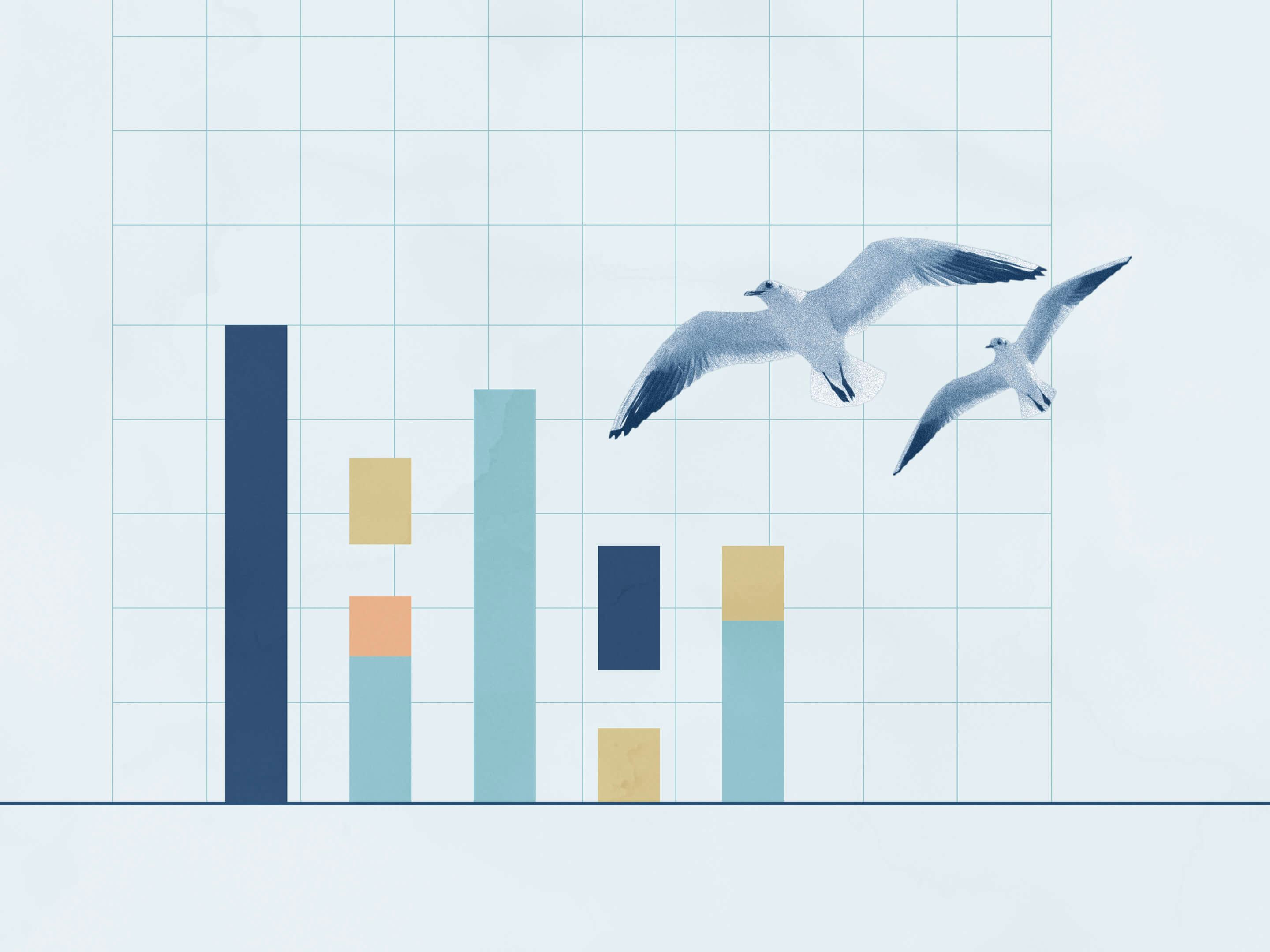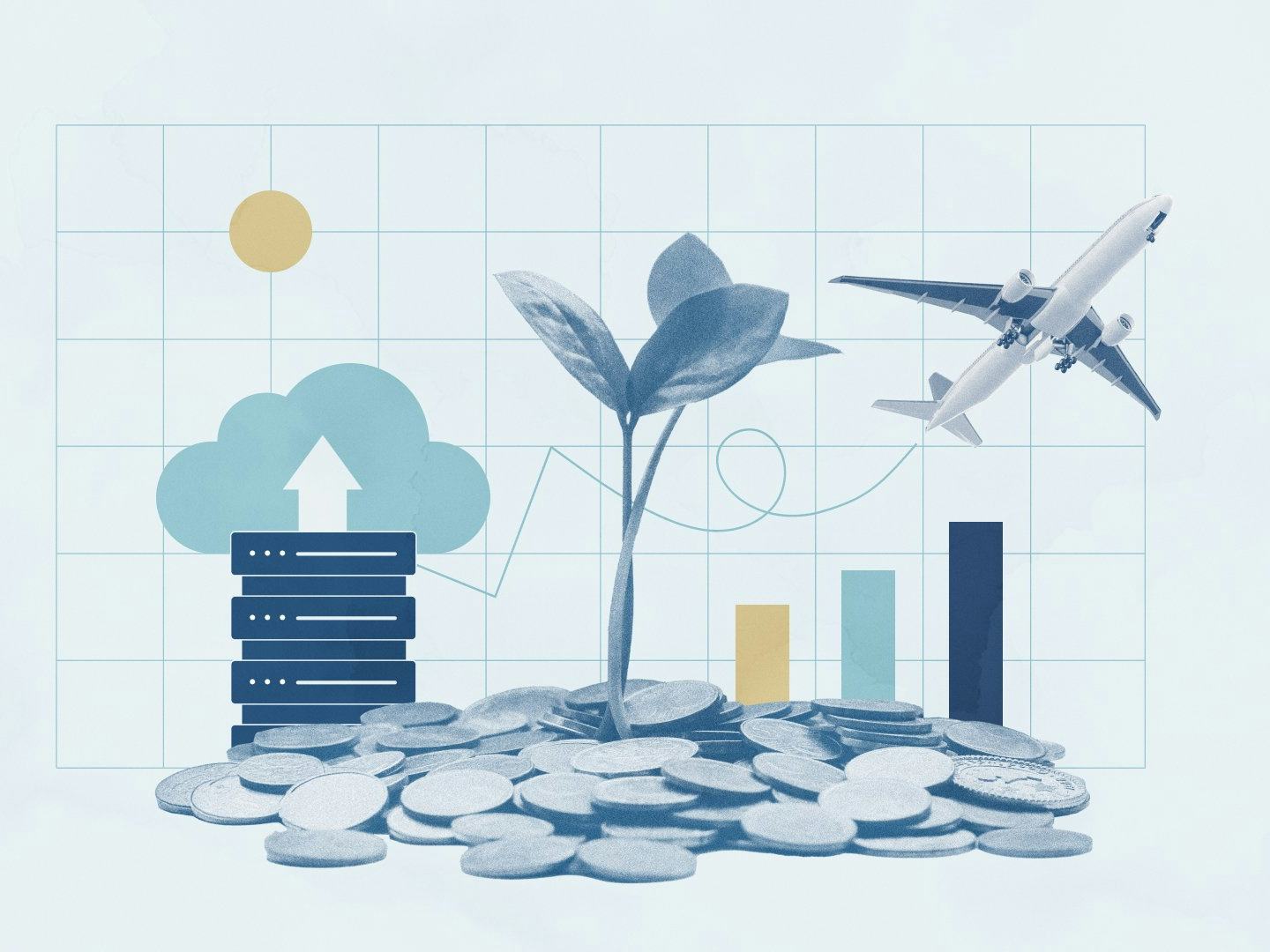Robust economic growth - purchasing power lags behind

These are among the highlights of the economic forecast of Landsbankinn Economic Research, looking forward to year-end 2025. Economic Research presents its forecast in Harpa, at 8:30-10:00 on Wednesday, 19 October, and the presentation will also be published to Landsbankinn’s website.
Live stream from the presentation
Una Jónsdóttir, Head of Landsbankinn Economic Research:
“Following twelve years of continued growth in purchasing power, a historically long period, we now expect purchasing power to contract this year and for growth to slow from what we have become used to next year. There are various indications of cooling in the economy and despite a generally favourable outlook domestically considerable uncertainty exists, notably related to the Russian invasion of Ukraine and its impact on the global economy. Significant uncertainty is also tied to collective bargaining agreements. Our forecast for robust economic growth this year is based primarily on an increase in tourist arrivals to Iceland as compared with our May forecast. Economic growth in coming years is largely dependent on the number of travellers as well. Should international economic conditions deteriorate from our assumptions and interest in travel wane, lower growth is to be expected. Conversely, more positive developments will boost travel and contribute to stronger economic growth.”
Highlights:
- Landsbankinn Economic Research expects domestic product to increase by 6.5% this year and 2.1% next year.
- Economic growth is heavily dependent on developments in the travel sector and will as such be considerably lower next year than this year, due to slower growth in tourist arrivals. Economic growth will be 3% in 2024 and 1.9% in 2025.
- Economic Research expects 1.7 million tourist arrivals in Iceland this year and 1.9 million in 2023. This figure will rise to 2.3 million in 2024 and 2.5 million in 2025.
- Export will increase by 22.4% between years in 2022. Growth will be limited next year (3.7%) due to a slower increase in tourist arrivals and a contraction in capelin fishing. Export growth will pick up in 2024 (7%), provided conditions have improved for European households.
- The outlook is for increased import this year, explained among other things by Icelander’s wanderlust in summer. Economic Research assumes 18.6% import growth this year, slowing significantly in coming years to lie between 2.2-3.5% in 2023-2025.
- The trade balance will be negative this year by 2.2% of GDP, if the forecast holds. Towards the forecast horizon, the trade balance will transition from a deficit to a surplus which is expected to peak in 2025, at 1.9% of GDP.
- The ISK will appreciate a little next year and more significantly in 2024, when Economic Research expects to see a trade surplus forming.
- Private consumption has increased a great deal this year to date, driven among other factors by Icelanders travelling abroad. Economic Research expects the increase to tally 6.7% this year but to slow to 2% growth next year and 3-3.3% in the remaining years.
- One of the main uncertainty factors in the forecast is the labour market, heading into negotiations for collective bargaining agreements. The labour market has been strong, the wage drift significant and businesses have experienced a labour shortage. Economic Research expects a 7.6% wage increase this year and 7.1% next year, more or less in line with developments in recent years.
- Unemployment is expected to remain fairly steady throughout the forecast period, averaging 3.2% next year.
- Inflation has peaked and is forecast to measure 6.5% on average next year. This is quite a reduction from the 8.1% inflation Economic Research forecasts this year. The CBI’s inflation target is not expected to be reached during the forecast period.
- The assumption is that the CBI’s rate hike cycle has likely come to an end. The current interest rate level will be maintained over the coming year and a rate-cutting programme will not be launched until the third quarter of next year.
- Housing price increases are finally cooling down and the forecast is for a maintenance of the current status quo in the coming months. In general, housing prices will increase by around 5% next year, which is lower than the average change since the turn of the century and quite a departure from the 22% price rise of this year.









